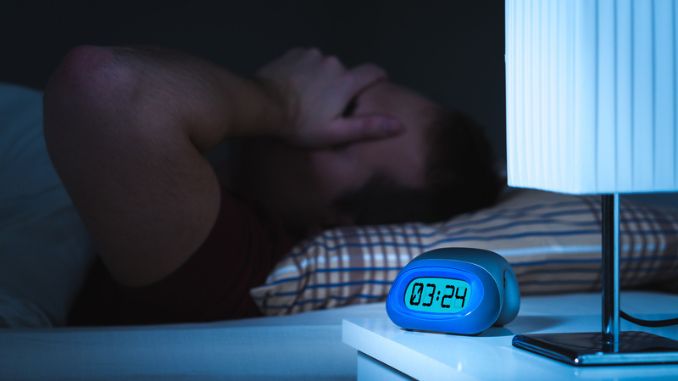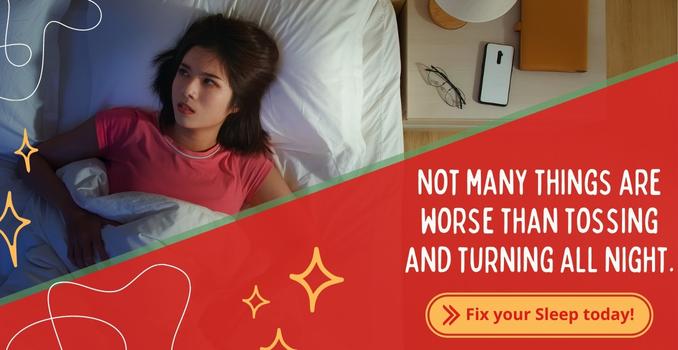Most of us have gone some 20 — or even 24 hours or wouldn’t sleep at all for days. Perhaps as a brand new parent with a brand new baby. Or on an across-the-world travel adventure. Or maybe as a result of a nasty 24-hour virus.
But have you ever wondered what would happen if you went beyond the 24-hour mark? What would happen if you didn’t sleep for days?
Is It Possible Not to Sleep?
The longest anyone has gone without sleep is 11 days or 264 hours. The year was 1965, the young man’s name was Randy Gardner (he was just 17 at the time), and he performed the experiment for his own non-sleeping high school science fair project.
Since that time, other test subjects have successfully not slept for increments of eight to 10 days, but no one has apparently beat Randy’s record of 11 days. With each of the subjects, there were no serious medical problems reported. That is, staying awake for eight to 10 days has not shown to cause permanent physiological, psychiatric, or neurological problems of any kind..
With that being said, staying awake for this long will change you. And if you plan to conduct this experiment on your own (which is not at all recommended), there will be consequences.
This is what would happen if you stopped sleeping for a days-long period of time:
- Trouble concentrating
- Lack of motivation
- Confused perception (of time and space)
- Hallucinations
- Inability to conduct complicated mental processes
What’s interesting here is that often, when someone is “not sleeping for several days,” they actually are sleeping. It’s what’s called “microsleep.” The individual’s eyes may not be closed, and they certainly won’t be in REM (rapid eye movement) sleep, but the varied states of consciousness they take on will be a pseudo rest-state for their bodies and brains. Often, those who have gone the maximum of 10 days without sleep are not at all functional by the end of the 10 days even though they may not have their eyes closed.
Why Exactly Do We Need Sleep?
Like food and water, it is an absolutely necessary function of the human body. Not getting enough sleep basically shuts down all of your bodily systems and puts you at risk for illness. Think of your laptop on 1% battery, and you’ll have the right idea.
When you do get enough sleep, however, your body is able to perform routine “maintenance.” Think of your laptop rebooting or getting an update.
For example, your brain sets to work preparing for the following day. It creates new pathways with information that you learned that day, and this helps you to retain information. Your mind also gets a literal rest during this period. It relaxes, which enables you to pay better attention and make better decisions the next day.
Physically, sleep does a tremendous amount for you as well. While you sleep, your blood vessels and heart repair themselves, and your immune system strengthens itself in preparation to fend off diseases and illnesses. When you don’t get enough sleep, you’re much more susceptible to sickness.
Your body also has time to equilibrate essential hormones, like leptin (which helps you know when you’re full after eating) and ghrelin (which makes you feel hungry). If these hormones don’t have time to balance, this could lead to overeating, and often coincides with obesity.
Not Sleeping for Days? Don’t Try This at Home
As you can see, sleep is a necessary bodily function, and you’ll definitely want to continue doing it. In fact, experts recommend getting at least eight hours of sleep every night. That’s a great incentive to rest and relax!

Rick Kaselj MS, is a leading kinesiologist and injury specialist as well as co-creator of the best-selling Unlock Your Hip Flexors program. Rick creates exercise programs that help people heal injuries and eliminate pain, so they can go back to living a full, active, healthy life.






